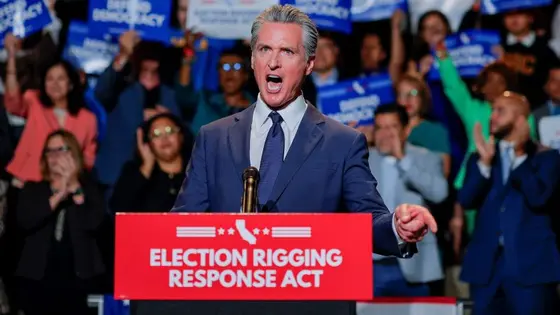T4K3.news
Fundraising Push for Child with Arginase Deficiency
Three-year-old Mylah needs £56,000 for a 12-week Pegzilarginase course not funded by the NHS; crowdfunding is underway.
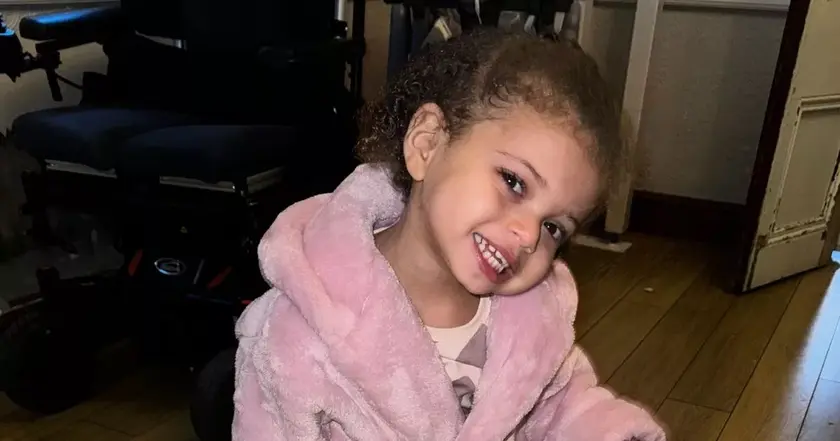
Three-year-old Mylah Algaradi battles Arginase deficiency as her family seeks costly treatment not provided by the NHS.
Fundraising Challenge for Child with Arginase Deficiency
Three-year-old Mylah Algaradi was diagnosed at birth with Arginase deficiency, a rare metabolic disorder that is part of the urea cycle. After a period of stability, her mobility and speech began to deteriorate rapidly, leaving her unable to walk or talk and prompting a transplant plan at Leeds Children's Hospital.
Pegzilarginase, a treatment that could slow or reverse progression, costs £4,600 per vial, about £56,000 for a 12-week course, and is not available on the NHS. The family has applied for compassionate access with the drug maker and with Alder Hey, but both were denied. A GoFundMe page has raised around £18,000, while the family still needs tens of thousands more. Mylah is on a waiting list for a liver transplant at Leeds Children's Hospital since January 2024, with a potential donor uncle.
Key Takeaways
"It is just absolutely heartbreaking."
Mother describes the impact of the decline on her child
"It is such a struggle for her to get her words out."
Mother notes decline in speech ability
"The cost of Pegzilarginase is an eye-watering £4,600 per vial, nearly £56,000 for a 12-week course."
Drug price cited in the article
"A GoFundMe page has already amassed an impressive £18,000."
Donor-driven fundraising progress
Rising drug costs test equity in the health system. This case shows how families must navigate a patchwork of funding, charity, and clinical need when rare diseases strike early. Crowdfunding is filling gaps, but it is not a substitute for systematic access to essential medicines.
Policy makers face a hard choice: protect public budgets while ensuring that rare patients do not lose their chance at treatment. The story also highlights how families bear not just medical stress but financial risk, with urgent need of timely support that scales as the disease advances.
Highlights
- Hope grows when communities come together to help.
- Compassion should not hinge on a bank balance.
- Every donation keeps a family fighting for time.
- Access to life saving drugs should not depend on charity.
Funding barrier for life saving drug raises questions
The case shows a high cost for Pegzilarginase and no NHS funding, leading to reliance on crowdfunding. It raises concerns about how rare disease treatments are funded and who benefits from public health budgets.
The story prompts reflection on how health systems decide which medicines reach those in need.
Enjoyed this? Let your friends know!
Related News
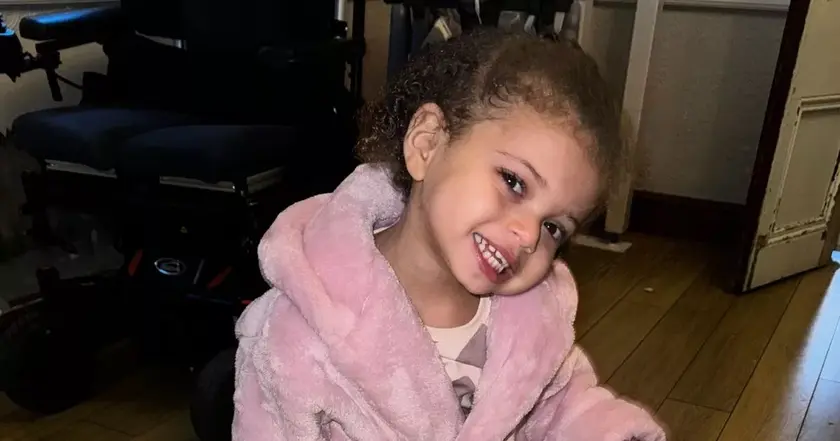
Mylah Algaradi seeks funds for life saving drug

Wednesday Season 2 Part 1 expands Addams universe
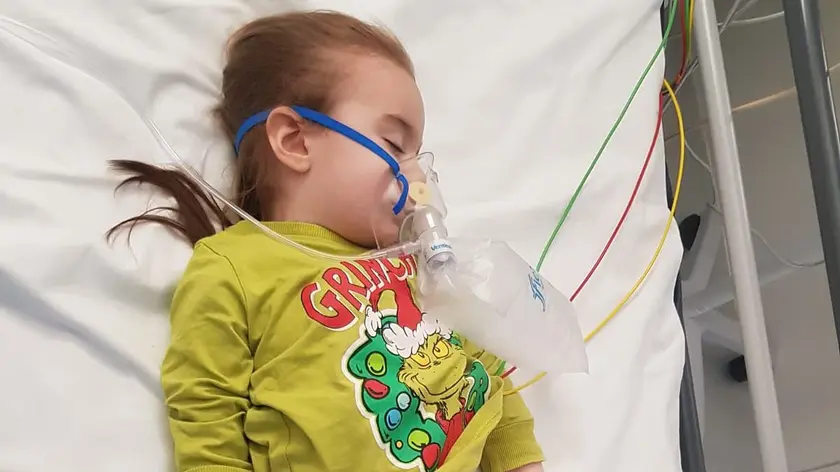
Toddler Batten disease funding window
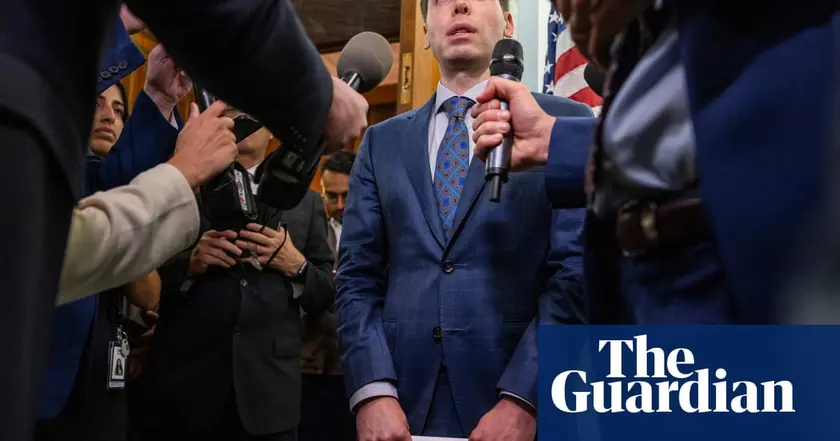
Sam Altman strengthens his grip on OpenAI

Mother dies saving child at Witton Park
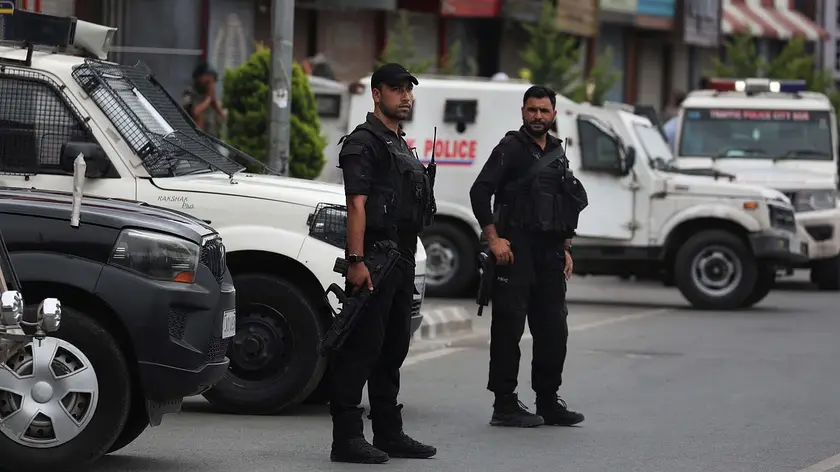
Cross Border Trafficking Case Exposes Protection Gaps
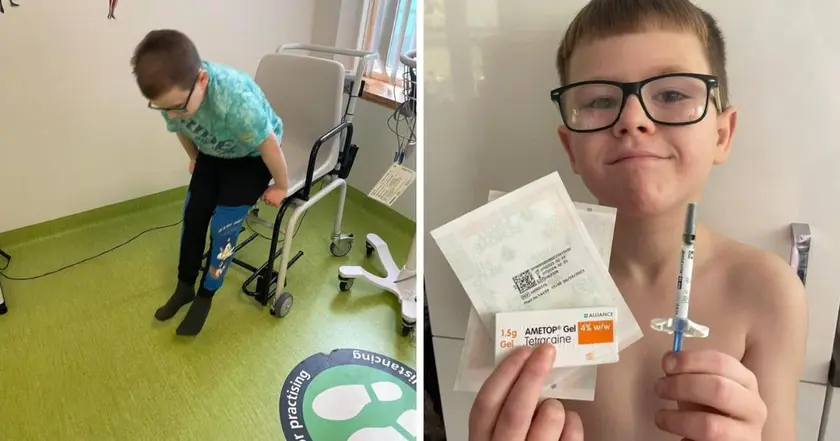
Accrington boy raises funds for vital treatment in Italy

New episode of Squid Game reveals shocking moral choices
